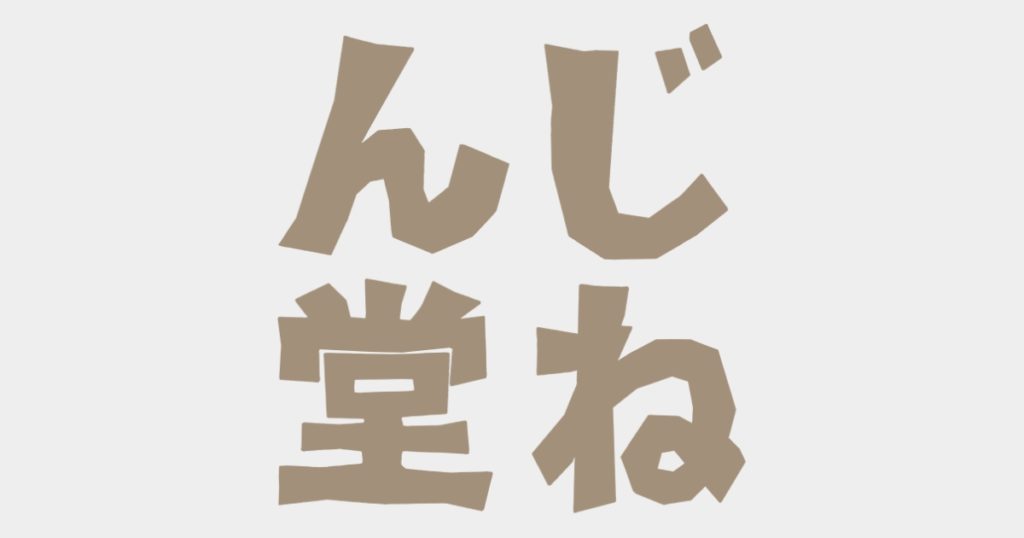{How {Age Affects} {The Impact of} Recovery from {Pain Management|Chro…
페이지 정보

본문
 As we age, our bodies go through a series of physical changes and alterations that can affect our ability to bounce back from pain and discomfort. Our bodies are constantly going through frequent stress, but our prime of life are typically more resilient. Research indicates that several elements come into play when it comes to pain recovery and aging.
As we age, our bodies go through a series of physical changes and alterations that can affect our ability to bounce back from pain and discomfort. Our bodies are constantly going through frequent stress, but our prime of life are typically more resilient. Research indicates that several elements come into play when it comes to pain recovery and aging.One key factor is the decline in muscle power and endurance that occurs with age. As we grow older, our muscle mass dwindles, making it more difficult to experience the same level of mobility and flexibility we had in our early life. This decrease in muscle mass can make it more difficult to participate in sports and exercise, such as exercise and stretching, that can help with pain recovery and healing.
Additionally, our bones become less dense, making them more vulnerable to injury and damage, and increasingly taking longer to heal.
The vascular system also plays a crucial role in chronic pain management. As we age, our blood vessels become less flexible, reducing the flow of oxygen and nutrients to damaged tissues. This can result in longer recovery times, as the body takes longer to repair damaged tissues.
Another essential consideration is the role of inflammation in chronic pain management. Chronic inflammation is a common occurrence with aging, as our bodies try to fight off cell damage and other environmental factors. While some inflammation is necessary for healing and recovery, excessive and chronic inflammation can intensify pain and impede recovery and healing.
Our brain also experiences changes with age that can impact pain recovery and healing. The neural pathways that transmit pain signals become more sensitive, making it easier to experience pain even when it's not extreme. Furthermore, our body's pain regulation systems may decline with age, leading to a heightened perception of pain.
Stress and mental health play a significant role in pain recovery and healing as well. As we grow older, we may experience a feeling of loneliness and anxiety, all of which can intensify pain. Moreover, our response to stress can exacerbate inflammation and make our bodies more vulnerable to pain.
In summary, age is a essential factor 津市 自律神経 in chronic pain management, as our bodies undergo various changes that impact our physical abilities, flexibility, and pain-sensing abilities. While it's not possible to reverse the consequences of growing older, there are steps we can take to mitigate their impact. Engaging in regular physical activity and stretching, managing stress and staying connected with others can all help improve our ability to recover from pain as we age.
It's also crucial to consult with a healthcare professional to develop a comprehensive plan for chronic pain treatment. This may include therapies and other strategies tailored to address the specific pain challenges you're facing. By working with a qualified healthcare provider and adopting a positive attitude, you can take the first steps towards regaining control over your pain and improving your recovery outcomes as you age.
- 이전글The Rise of Competitive Gaming in the Football World 25.05.25
- 다음글인도카마그라직구 레비트라 약효 25.05.25
댓글목록
등록된 댓글이 없습니다.



